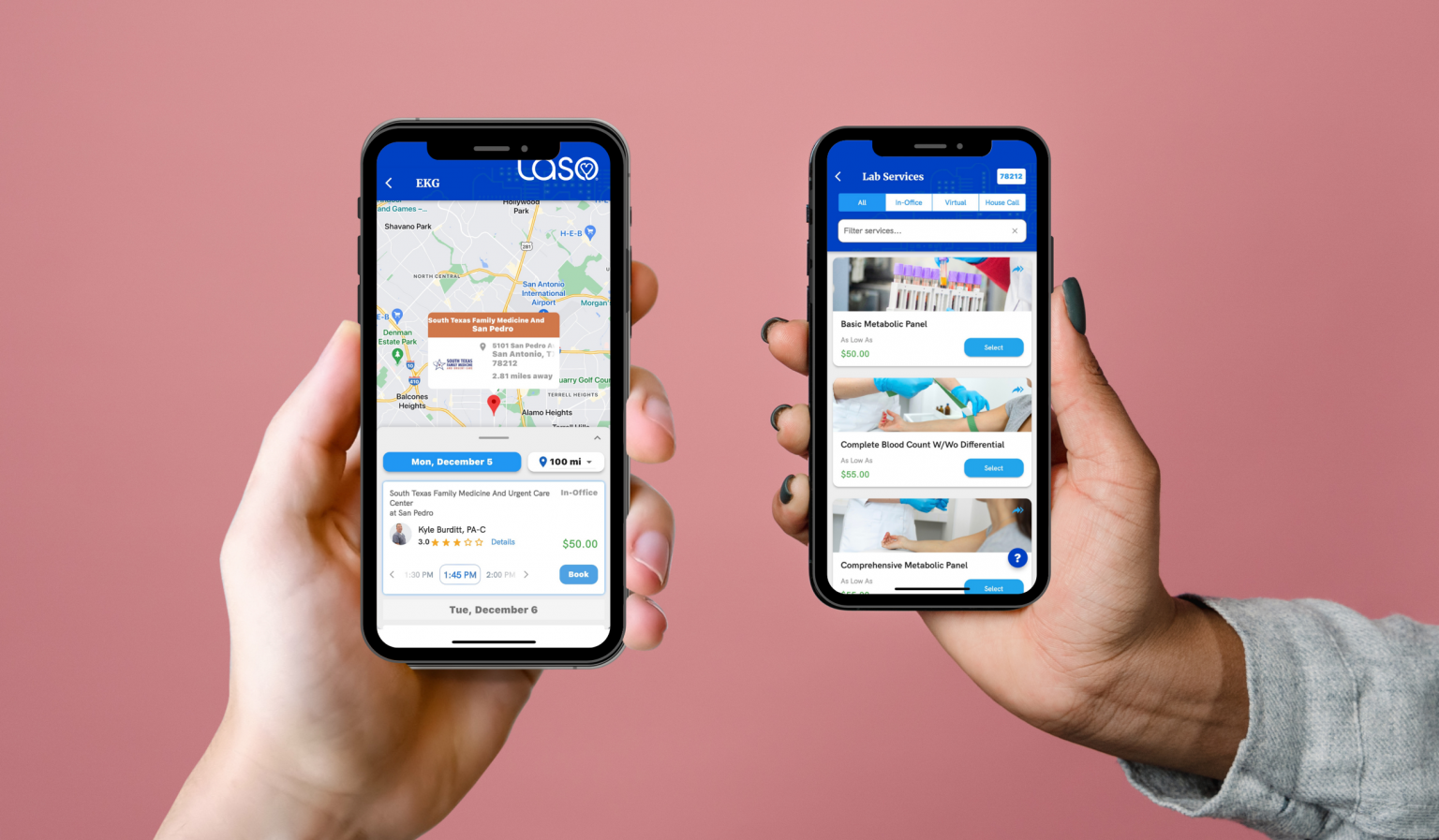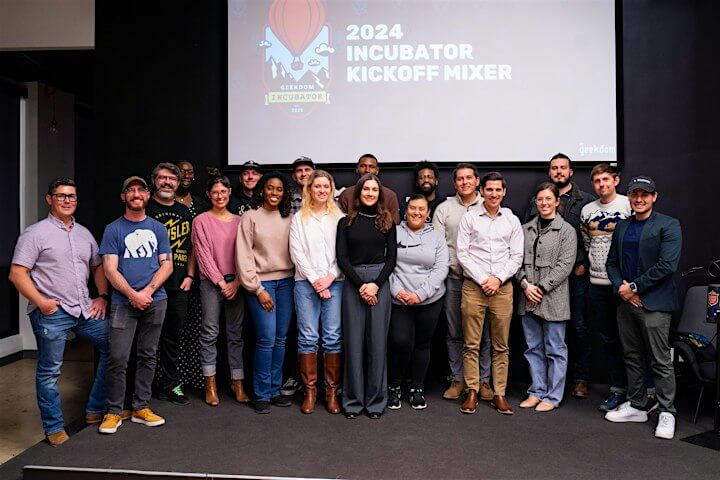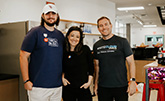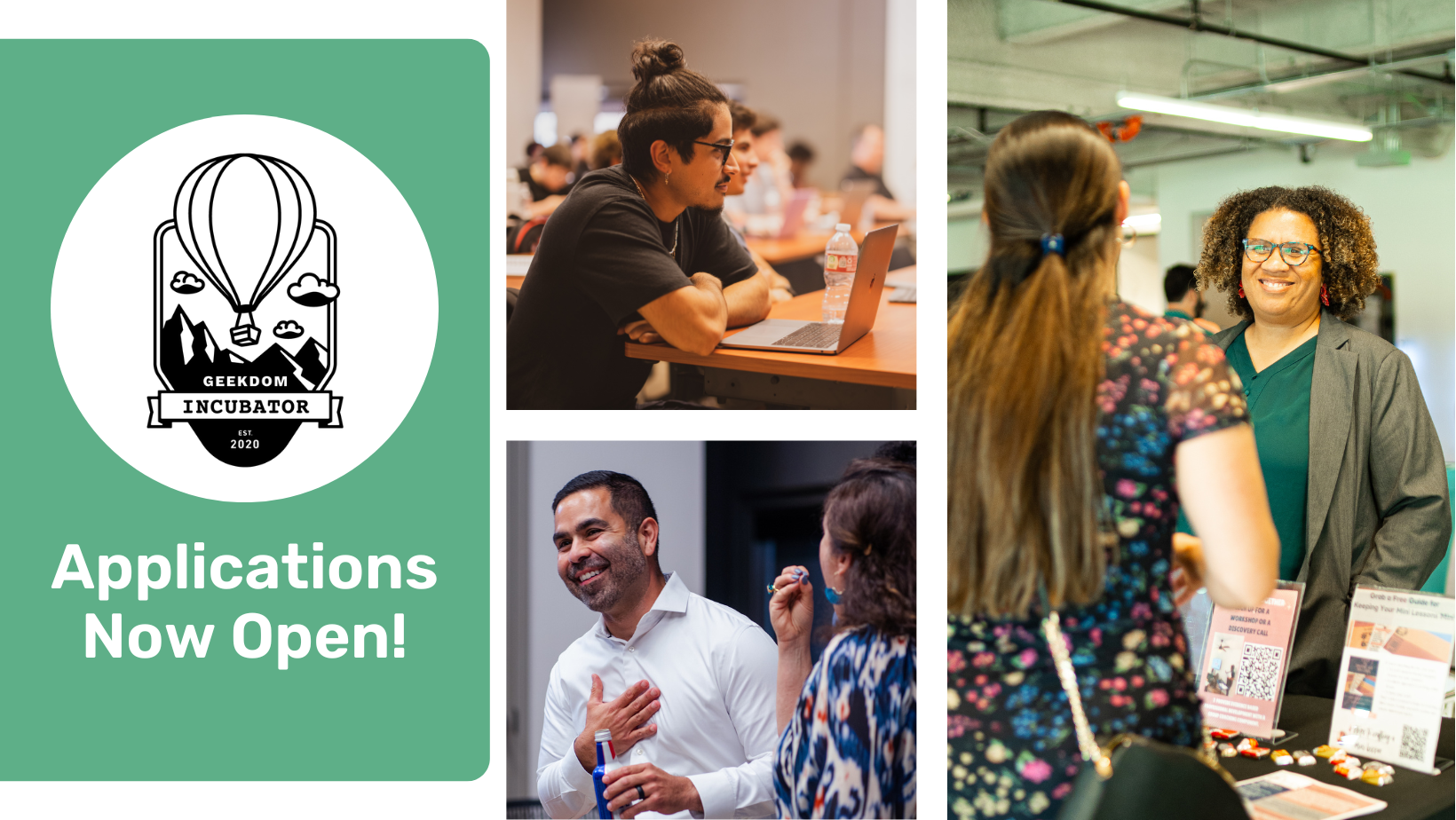
We’ve all experienced the frustration of looking for a doctor to diagnose a concerning symptom, calling multiple practices to find the right one, and waiting weeks for an appointment at a final cost you discover only later. What if, in just minutes, you could search for local healthcare services, compare doctors and prices, and book an appointment at an upfront set price — using a free app on your cellphone?
This vision drove San Antonio nephrologist Dr. Hamed “Reza” Mizani to create LASO Health. The founder of the South Texas Renal Care Group is determined to improve patient access to healthcare. Over the past two decades as a practicing physician, Mizani has seen firsthand how patients suffer from the painful, costly complications of deferred healthcare.
LASO Health is a mobile and desktop application directly connecting healthcare consumers with physicians, specialists, and healthcare services such as MRIs. The product was launched in early 2020 to help combat the COVID-19 pandemic. In 2022, LASO Health raised $8 million in early-stage angel funding.
Healthcare challenges are not getting easier for many Americans.
The challenges impeding patient access to healthcare add to the financial difficulties for many Americans. Two-thirds of people who file for bankruptcy cite medical issues as the top reason for their insolvency. And, despite gains in coverage and access to care since the 2010 Affordable Care Act (ACA), research shows the ACA has not reduced bankruptcies due to medical causes, an American Journal of Public Health study states.
The medical technology industry is increasingly driven by digital health innovation and consumers’ expectations on how they want to receive care, a 2022 Accenture and AdvaMed report states. Healthcare is expanding from hospitals to ambulatory and at-home care, yet the industry lacks advanced capabilities to help practitioners meet this shift in patient demand.
The top key trend driving this shift is the consumer patient asking for healthcare consistent with their broader expectations for non-healthcare products and services.
“There’s no price transparency, it’s difficult to navigate our healthcare systems, and there’s no convenience in finding and scheduling a much-needed appointment. In healthcare, if you want to find the cost of an MRI, it’s next to impossible to get a firm price,” Mizani said. “If you can book travel or a ride to the airport on your phone in minutes, you should be able to do the same for something much more important — your health.”
LASO Health uses B2C, B2B business models to connect patients to doctors.
LASO Health is free to use, with no subscription required, and is available in both the Apple and Google Play stores. The app is bilingual, displaying in Spanish for those with mobile devices formatted for the language. On a desktop computer, users can easily toggle between English and Spanish.
LASO’s business-to-consumer (B2C) healthcare app connects patients directly with vetted healthcare professionals. Users can search for specific medical services, such as an annual women’s health checkup, mental health professional, or X-ray. Patients can then view nearby doctors, compare prices, and book an appointment immediately within the LASO app. After an appointment, they can submit reviews on doctors so others may read about customers’ experiences.
Licensed medical, dental, and wellness practitioners can join the platform for free. LASO transfers payment directly from the consumer to the healthcare professional, saving doctors overhead costs from issuing and processing invoices. LASO Health continues to onboard new healthcare professionals to its platform daily. Medical practitioners interested in joining can connect with the business-to-business or B2B network on the LASO platform.
From startup to enterprise: LASO Health is scaling nationwide.
Currently, LASO Health is only available in the San Antonio market. Since launching in late 2019, LASO Health has ramped up to an average of 5,000 monthly active users, said LASO chief executive officer (CEO) Tim Kaufeldt. The company works out of Geekdom, a downtown San Antonio startup community and co-working space. LASO has 10 employees and is hiring product engineers and sales and growth staff to support its scaling efforts.
Kaufeldt emphasized how the software platform is designed to meet everyone’s healthcare needs, not just those with insurance coverage.
“LASO doesn’t replace insurance. That’s for catastrophic coverage when needed,” Kaufeldt said. “But even if you have insurance, if you cannot pay a $9,000 deductible, you can consider yourself unfunded for your healthcare needs.”
For people lacking insurance for whatever reason — small business owners, freelancers, non-resident students and workers — they can still benefit from booking services on LASO Health.
“The price you see upfront is the price you pay, regardless of your insurance status,” Kaufeldt said. “LASO can match you to a qualified medical professional for a service priced at what you can afford.”
LASO Health will announce ambitious plans and new features in early 2023 that will enable patient consumers everywhere in the U.S. to easily use LASO for healthcare needs at a firm, fixed price.
Mizani chose to name the software platform “LASO” after the Greek goddess of cures, remedies, and modes of healing [IASO is the Greek spelling, but it’s pronounced “Laso”].
“As a single doctor, I can influence a patient’s life, but with this platform, I can help millions,” Mizani said. “We want to become the biggest healthcare platform across the country without owning a single doctor’s office.”
The featured image is of two hands holding cellphones displaying the LASO Health app, courtesy photo.








